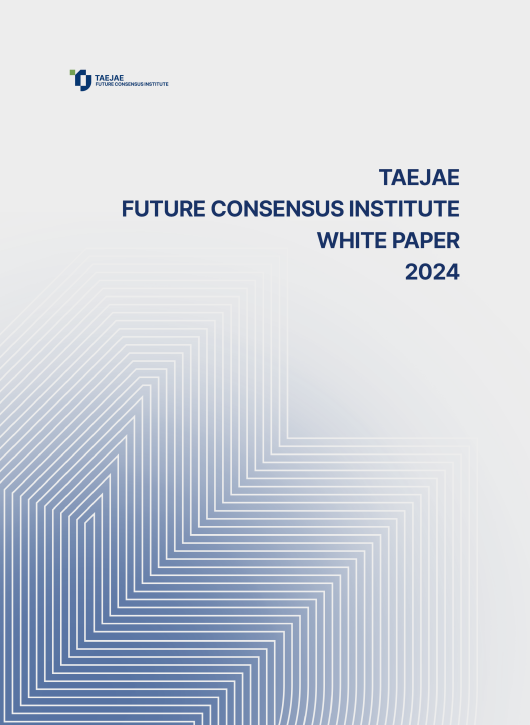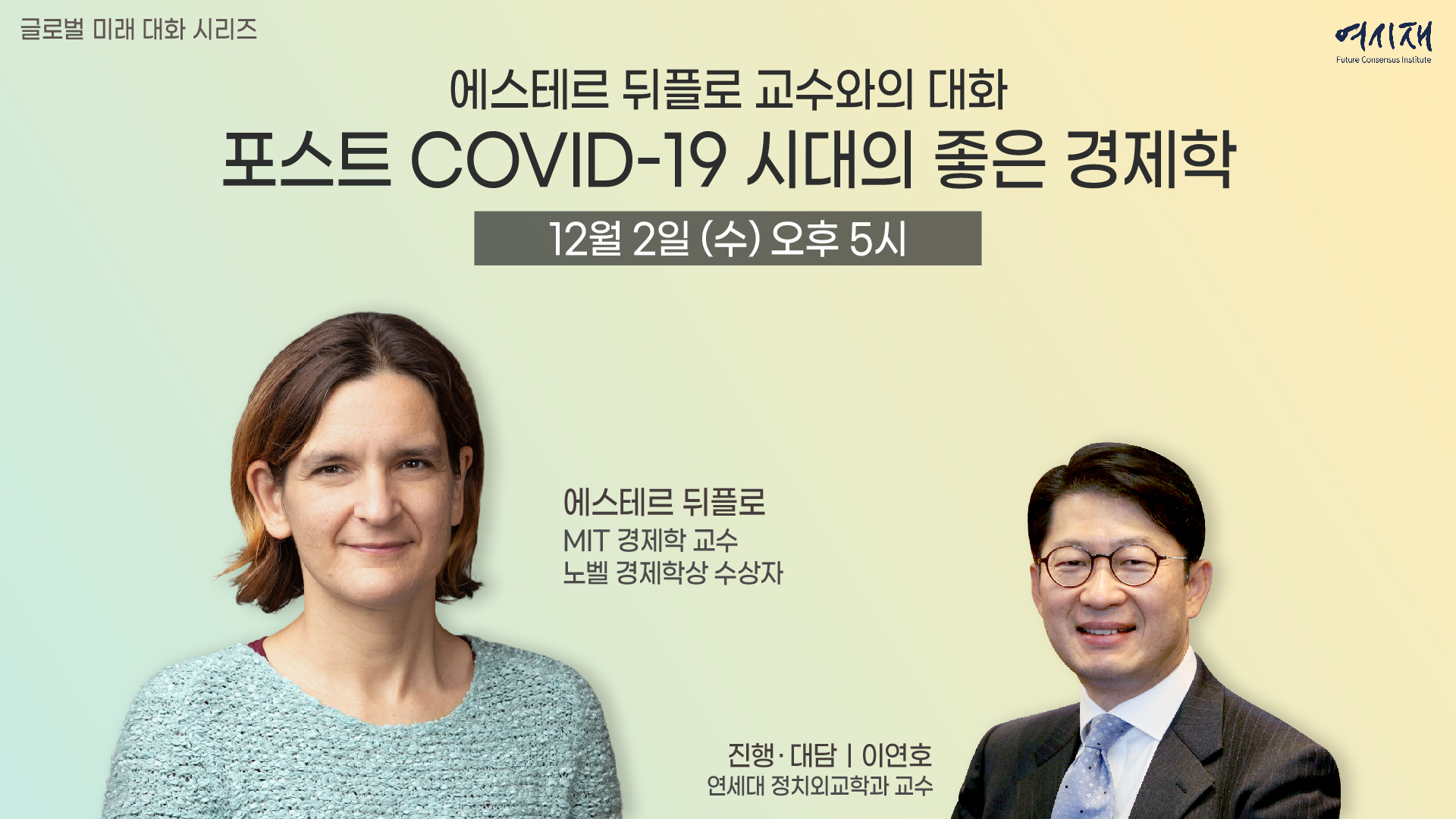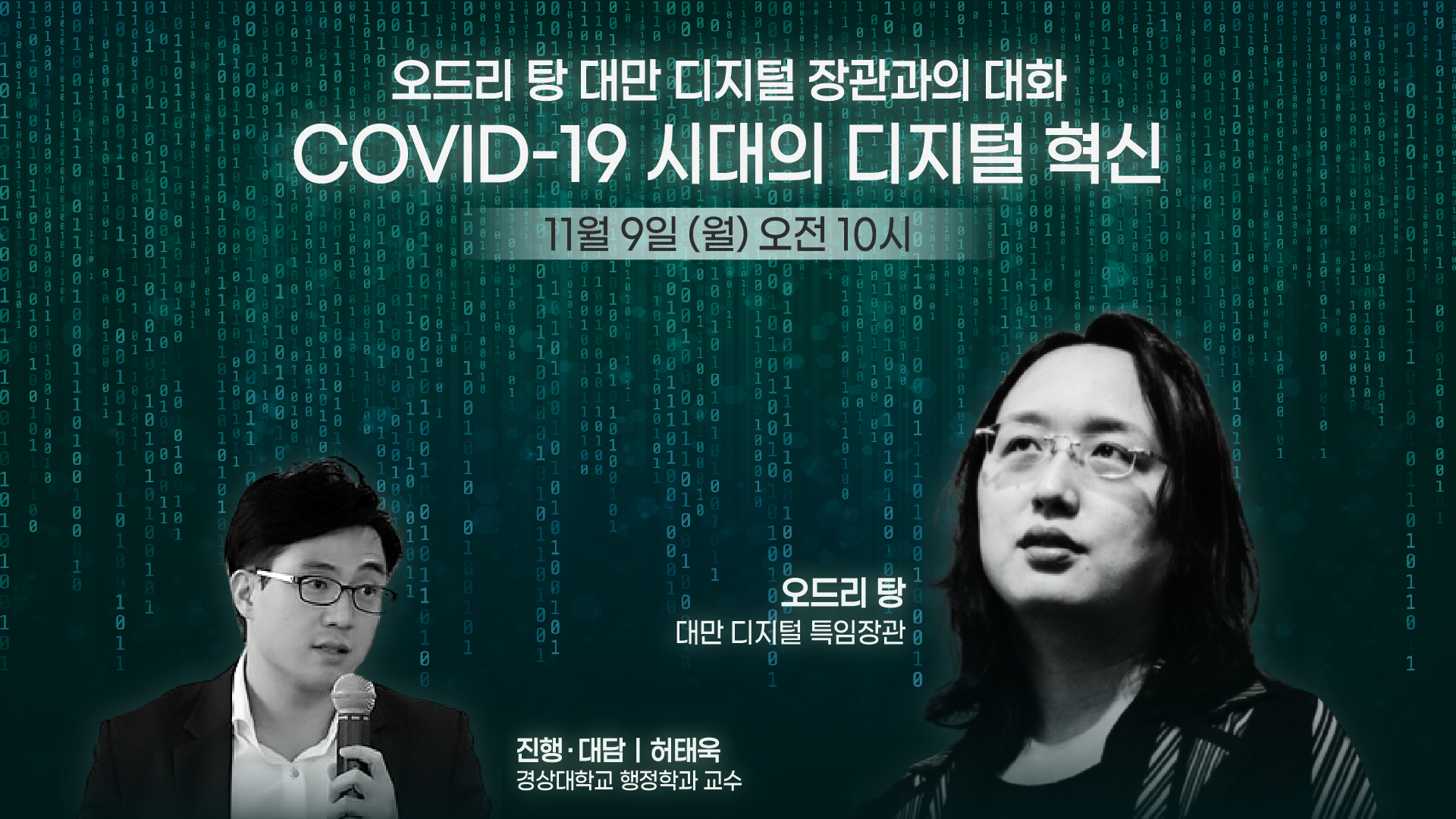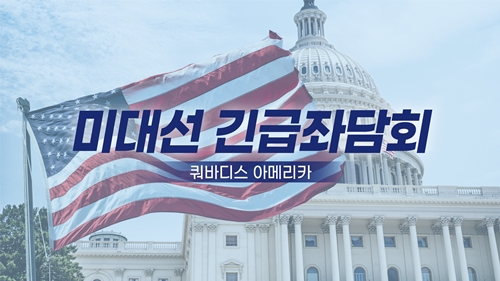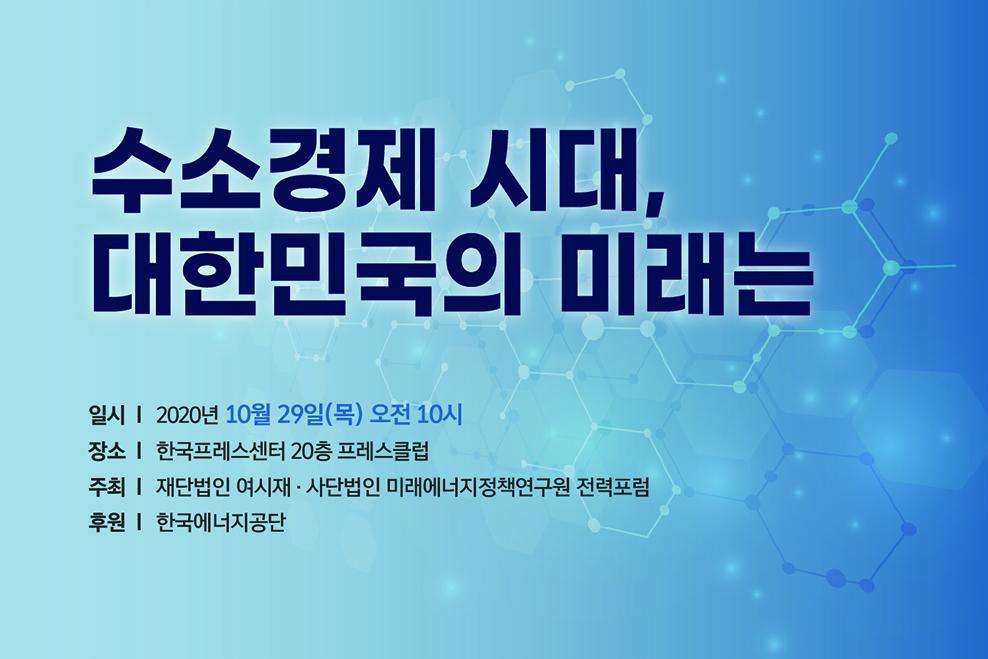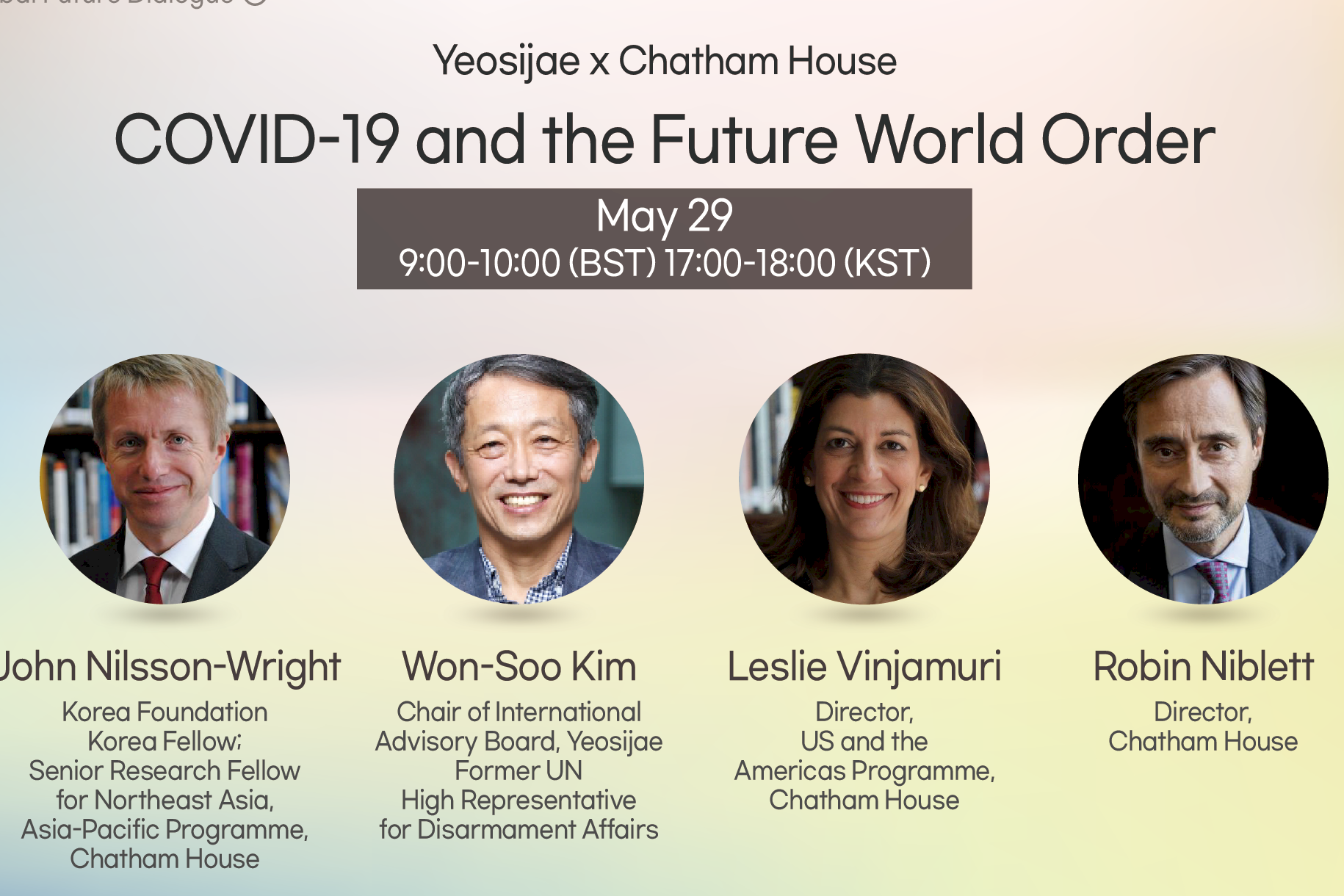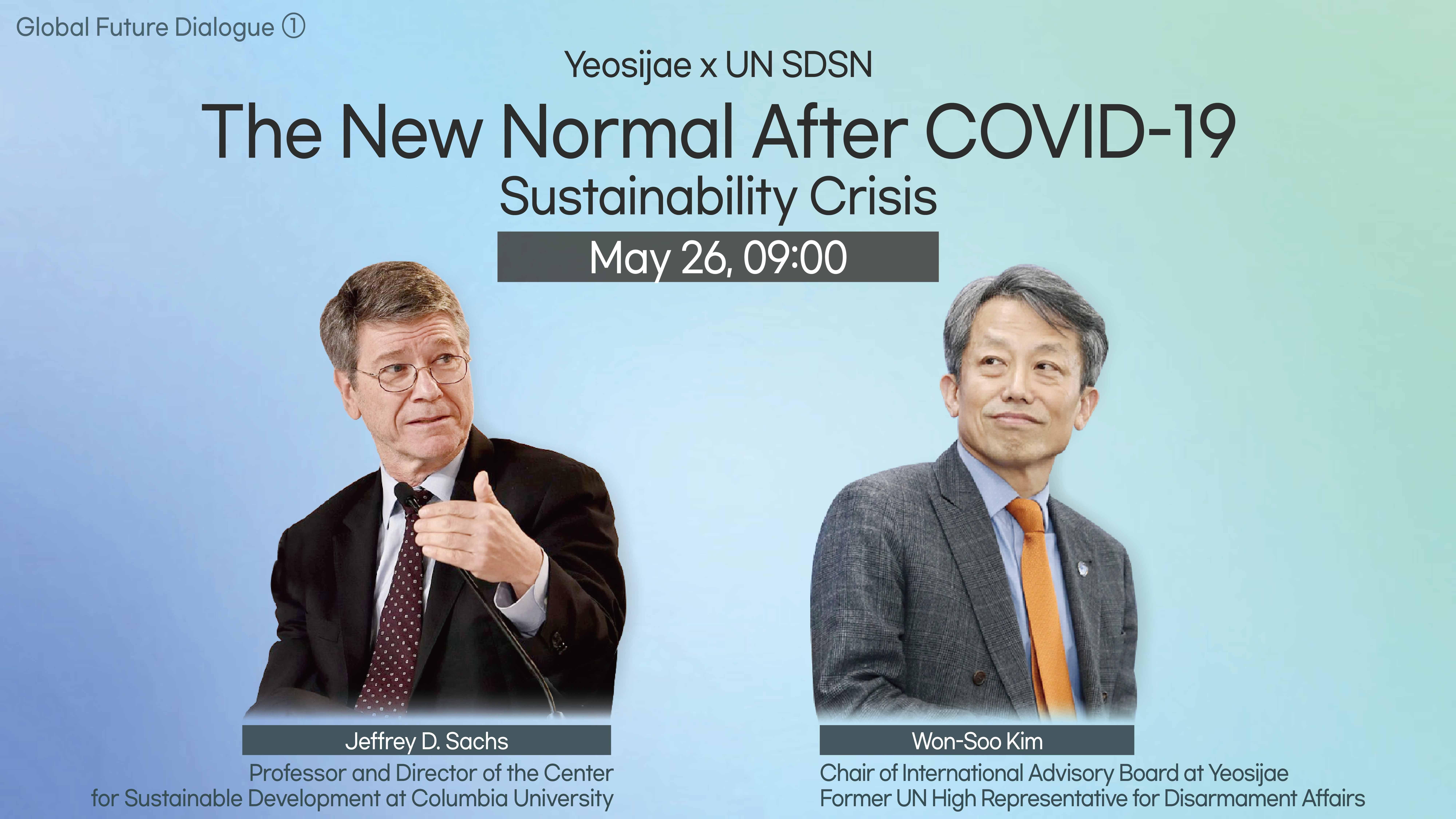Please join Yeosijae as we build a brighter future for Korea. Create your account to participate various events organized by Yeosijae.
- Insights
- |
- Global Order and Cooperation
[Global Future Dialogue ③] New normal and the future of education
The Future Consensus Institute (Yeosijae) hosted its third Global Future Dialogue seminar on June 18th with the Ban Ki-moon Centre for Global Citizens on the topic of the “New Normal and the Future of Education.” The session was moderated by the former Under-Secretary-General and High Representative for Disarmament Affairs and the Chair of the International Advisory Board at Yeosijae, Won-Soo Kim. The panelists for this session were Irina Bokova, former Director-General of UNESCO, Monika Froehler, CEO of Ban Ki-moon Centre for Global Citizens, and Ju-Ho Lee, Professor of KDI School of International Policy and former Minister of Education, Science and Technology.
The COVID-19 outbreak has taken education from traditional classrooms to online platforms, exacerbating the education gap and digital divide and creating a need for a new model of education. In this context, the seminar aimed to shed light on the education crisis and find solutions to the issue. In his opening remarks, Chairman Kim discussed the three areas that have been most affected by COVID-19 – health, economy, and education. He said, “Unfortunately, the education sector is receiving the least amount of attention.” He then underscored the need to address the education crisis by reminding the audience that “if education is neglected now, it will have much longer repercussion for us and for our succeeding generations.”
The Global Learning Crisis and the Digital Divide
In the first part of the seminar, the panelists agreed that the learning crisis began before the pandemic, and the outbreak has exacerbated the education crisis. Ms. Bokova said, “More than 1.8 billion children are out of school, and 63 million teachers [have been affected by school closures].” She stressed that we will have to recognize that this will become a burden for the international society as a whole, and added her concerns that many children that are out of school now “may never go back to school.” Ms. Froehler agreed that the global education crisis started long before the pandemic, and commented that it has especially been severe for developing nations where education capacity is limited.
On the digital divide, Ms. Bokova pointed out that half of humanity has no access to the Internet, and that the figure reaches 90 percent for some developing and least developed countries. She said that many of the G20 countries are facing headwind due to inequalities in Internet access, Internet quality and speed, and teacher preparedness. Ms. Froehler added to her statement, that we are indeed witnessing a digital divide and that the disparities in gender equality, economic opportunity, and market access will continue to increase.
On education, Chairman Kim shed light on the widening academic achievement gap in South Korea between those with or without access to digital devices, private education, and guidance at home. Professor Lee said, “I think Korean education … is at the top [of an outdated model],” and stressed that now is the time for South Korea to explore new models of learning. He also pointed out that there are contradictions in Korea, that despite its capacity to produce high-quality digital devices, children of poor families lack access to these technologies and schools utilize low-tech online learning platforms.
The Role of International Organizations and Global Citizenship Education
The panelists stressed that international cooperation is especially important in approaching these issues and listed some examples of such projects. Ms. Bokova highlighted that UNESCO launched a global coalition against COVID-19 and established a commission on the future of education, and hoped that these efforts will become a global benchmark to spur others into action. Expressing her passion for multilateralism, she emphasized the need for a cohesive effort to fight against common enemies and underscored the importance of a broad partnership that includes both the civil society and the private sector. Ms. Froehler mentioned the work of the MIT Media Lab, One Laptop per Child (OLPC) initiative, and Bill & Melinda Gates Foundation, and stressed that such efforts have to be ramped up for developing nations to achieve the Sustainable Development Goal 4. She said that concentrated efforts can narrow the digital gap, and education could be the key to our responses to the long-term economic effects of COVID-19. She also focused on the importance of global citizenship education, expressing that the “countries that have done well in tackling the pandemic are multilateral countries that are interested in the global citizenship perspective,” and emphasized that global citizenship education can foster resilience, adaptability, and flexibility in responding to a crisis. She also touched on the accessibility issue, that many people are unaware of the numerous projects, lectures, and resources made available by various international organizations, and called for more attention on this issue. Professor Lee pointed out that the OLCP initiative started fifteen years ago, and that EdTech has evolved rapidly since then. He said that network, device, learning platforms, and learning content technologies have made great advances over the years, and in that context, public and private ICT businesses should now take the initiative to work together to leverage these technological advancements promote global projects.
Blended Learning
The participants agreed that domestically, South Korea will need to balance online and offline education to pursue a blended learning model. Professor Lee introduced the High-Touch High-Tech (HTHT) initiative, describing HTHT as a type of education that promotes personalized, adaptive learning with the help of artificial intelligence, thereby allowing teachers to focus on individualized active and high-order learning for students. He mentioned the Bloom’s taxonomy, which classifies levels of important intellectual behavior in learning, to highlight the limitations of traditional education that forced teachers to focus on the memorization and comprehension part of learning. He said that AI could fill the gaps in the education system, especially in providing personalized education that adapts to each student’s progress and behavior in real-time, adding that “technology allows for scalability in the provision of personalized, adaptive learning” as well. He said, “Many countries will find themselves in the low-touch, low-tech quadrant right now. But spurred by the surge in online learning due to COVID-19, some will rise to the challenge and inch toward low-touch, high-tech quadrant.” However, he emphasized that it will also be important to “thoroughly consider the role differentiation between the adaptive learning technology and teachers to ensure an equitable, scalable HTHT experience.”
Role of Educators in the Future
In the Q&A session that followed, the participants were asked what the future education should look like in the context of a growing threat of artificial intelligence on human jobs. Professor Lee said, “One of the main concerns about artificial intelligence is that when students graduate in the future, they may not find the jobs that are here today.” He continued, “That is why the Fourth Industrial Revolution poses a big challenge to educators on what to teach and how to teach… and the COVID-19 crisis provides an opportunity to make the necessary changes.” He said that communication skills, such as collaboration, creativity, critical thinking, and digital literacy will be in demand in the future and that we have to prepare our future generation with the capacity to respond to these changes so that they will not be replaced by AI. However, he emphasized that future education should go beyond teaching pieces of information and knowledge, to cover high-order thinking skills and social and emotional learning as well, meaning that the future generation will need more interactions with human teachers. Ms. Froehler agreed that there is a great emphasis on the technological front of education, and deprivation of human interaction and personal contact with teachers and students have created problems of loneliness and a loss of a sense of belonging. She also emphasized that we have to take into consideration how we can provide holistic education in an online setting. Ms. Bokova also said that over time, the demand for some skills will disappear, while the demand for new skills will appear, and argued that creativity should become our “ultimate renewable energy” and the goal of future education. She indicated that the inevitable change in education will put pressure on teachers, and expressed her view that the role of teachers in the future will not be reduced but rather, changed. She said, “Nothing can substitute a good teacher that can open the mind of a child to creativity.” She continued, “and we often forget that schooling is also about socializing… about relating with the others, our community, solidarity, and empathy. This is the reason why teachers need more support in various areas.”
Education, Education, Education
In the last part of the seminar, the panelists once again highlighted the reasons why education must be prioritized. “Education is about bridging the gap, resolving inequalities, pursuing healthy lifestyles, and achieving sustainable development,” said Ms. Bokova. She continued, “We have to put education back on the global political agenda [and] recognize that education is the foundation of human development and crisis response.” She said, “Goal number four [of the Sustainable Development Goals] has very clearly stated where we want to go. The question is, how do we get there?” She indicated that there should be more international aid and support for the least developed countries, and middle-income countries should prioritize education and effective management of financial resources. Agreeing with her statement, Professor Lee expressed that there is a “need to rethink, [or] reinvent education.” He said, “It is time to make a big change.” He pointed out that South Korea is already exploring new content and new methods of teaching and learning, and hoped that it could play a “leading role” in exploring new models of education through joint efforts with public and private partners, along with international cooperation. Ms. Froehler re-emphasized the core principles of flexibility and adaptability, that these principles will guide our discussions to “advance the education paradigm to something closer to” our ideals. She noted that the Ban Ki-moon Centre for Global Citizens has an extensive database of lectures and resources on these topics for the public to access. Lastly, the panelists agreed that while COVID-19 has presented many challenges, it has also provided an opportunity to engage in a discussion with relevant stakeholders to make great changes, and hoped that this issue will receive more spotlight.
Closing the session, Chairman Kim said, “[Education] is a big issue, and I don’t think we can solve the problem with just one-and-a-half-hour discussion.” He continued, “but today is the first of our efforts in a long journey to find a solution to the global challenges we have now in education.”
< Copyright holder © TAEJAE FUTURE CONSENSUS INSTITUTE, Not available for redistribution >

